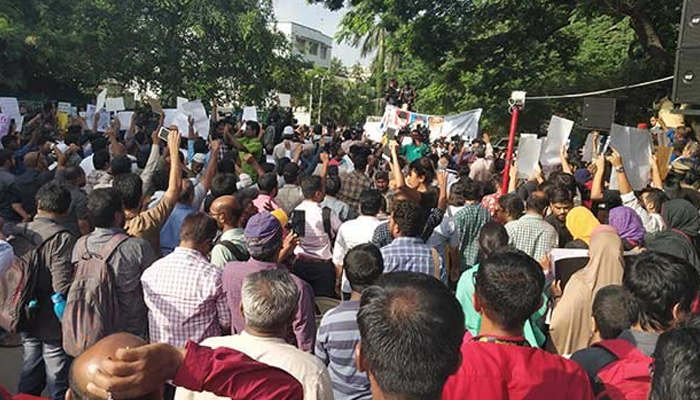TRENDING TAGS :
Citizenship Amendment Act (CAA): Constitutional Implications and Controversy
The Citizenship Amendment Act (CAA) faces scrutiny for potentially violating India’s Constitution.
Citizenship Amendment Act
In a recent report by the independent research wing of the US Congress, the Citizenship Amendment Act (CAA) has come under scrutiny for its potential violation of certain Articles of the Indian Constitution1. Let’s delve into the key provisions of the CAA and the ensuing debate:
The CAA: A Brief Overview
The Citizenship Amendment Act (CAA), enacted in March, amends India’s 1955 Citizenship Act. It provides a pathway to citizenship for undocumented non-Muslim migrants from Pakistan, Bangladesh, and Afghanistan who arrived in India before December 31, 2014. However, the exclusion of Muslims from this provision has raised constitutional concerns and sparked controversy.
Constitutional Questions
The Congressional Research Service (CRS) report highlights that the CAA’s key provisions, which favor immigrants of six religions while excluding Muslims, may violate certain Articles of the Indian Constitution. Critics argue that this selective approach contradicts India’s secular ethos and international human rights norms.
CAA and the National Register of Citizens (NRC)
The report also draws attention to the potential impact of coupling the CAA with the planned National Register of Citizens (NRC). The NRC aims to identify undocumented immigrants, but when combined with the CAA, it could jeopardize the rights of India’s Muslim population.
Political Context
The timing of the CAA’s implementation, coinciding with the BJP’s second national re-election campaign, has raised eyebrows. Some observers view it as politically motivated, while critics fear that the ruling party is pursuing an anti-Muslim agenda.
As the debate continues, the CAA remains a contentious issue, with constitutional scholars, activists, and politicians closely monitoring its implications. Balancing national security concerns with constitutional rights remains a delicate task for policymakers.



